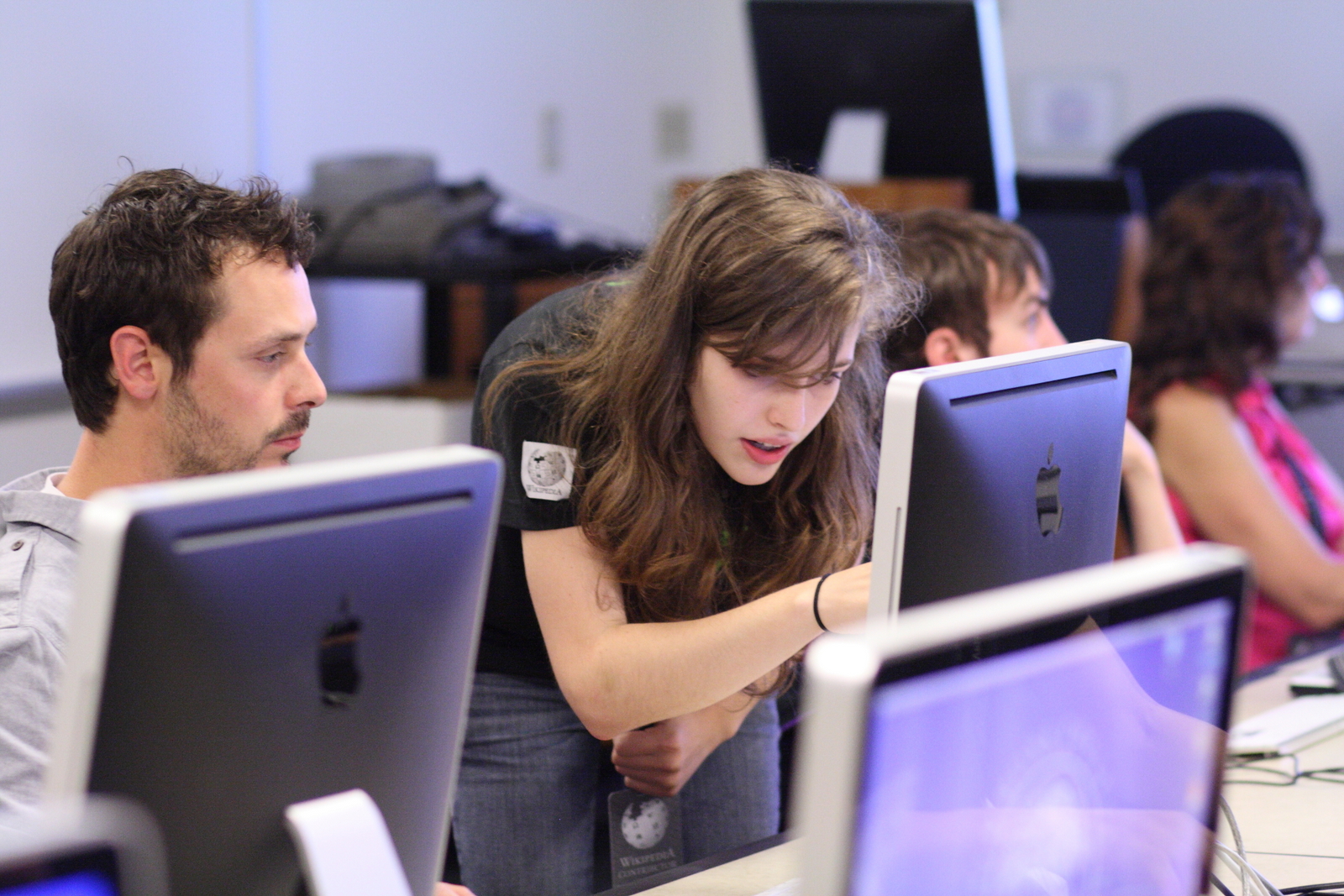Blog

Will further investment in TA training boost its popularity?
There has been a lot of movement within UK education, around the role of the teaching assistant in recent months. There is now a slight concern growing that the honeymoon period is over and that the eagerness of schools to employ TAs has overtaken the responsibility of training them.
Following a rallying cry from Margret Thomas, Wales secretary for Unison, for greater training opportunities for teaching assistants within schools, we ask if further investment would bridge the gap or lead to an even bigger problem.
Becoming a teaching assistant as a stepping stone to becoming a teacher has become one of the key routes into the profession. Schools, when offered an abundance of eager, cheaper, and more flexible staff, to support the increasingly demanding targets of Ofsted have, too, lauded the influx of teaching assistants. However, what does this new breed of TAs do in schools?
According to an education consultancy, EduStaff, teaching assistants will often supervise small groups of particularly able or struggling pupils; they will help teachers plan, prepare, and assess lessons; and they will also take extra-curricular activities and contribute to school events and programmes. It is certainly not uncommon for TAs to even be leading classes by the end of the term as part of their continuing pre-teaching education.
This, by itself, is not necessarily a bad thing and if well managed, benefits everyone. The teacher needs to be present and involved, the pupils need to be engaged in the process, and the TA needs to be confident and comfortable. When any of these components, however, is broken, the whole system breaks down. If all of them are badly run – that’s when schools start making the headlines.
So what’s the solution? Ms Thomas is resolute in her call for greater training for teaching assistants, and it is easy to see why. As a country, we have taken the step of giving TAs more responsibility in the classroom; we cannot now deny them the resources and training to do their jobs well. Better trained teaching assistants means better lessons and is an important step forward in integrating the modern classroom correctly.
But, what about the other, two sides of the pupil-TA-teacher triangle? Could a school justify spending money to train a TA who will most likely only be present for two years at most? Wouldn’t training the teacher to supervise the TA more closely be a more long-term solution?
In terms of the effect on the pupils, the reaction is unpredictable. More academic TAs may start to be seen by pupils as less of a bridge to the faculty, and more of a ‘teacher lite’: a person underserving of a teacher’s respect but also denied to the pupils’ confidence.
The counteraction to such a development would undoubtedly signal the decline of the teaching assistant, not its cementing within UK education.
Fortifying one side of the triangle does not strengthen it, it skews it. No one can deny the benefits of training staff to be more effective but the national drive for school improvement needs to take into account the delicate ecosystem of the modern classroom.



Comments